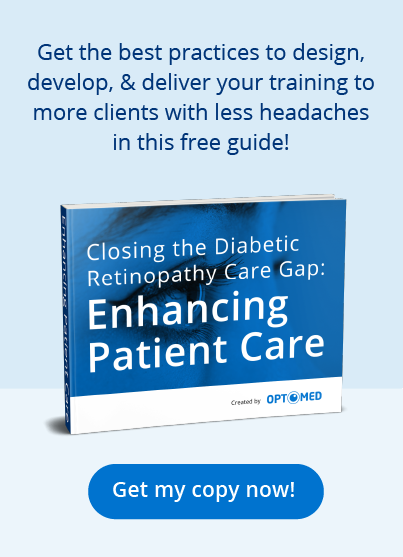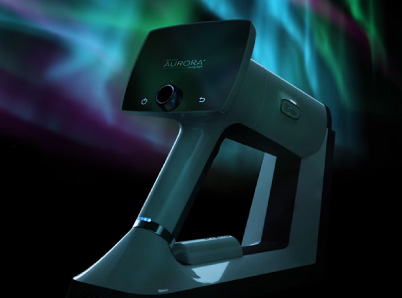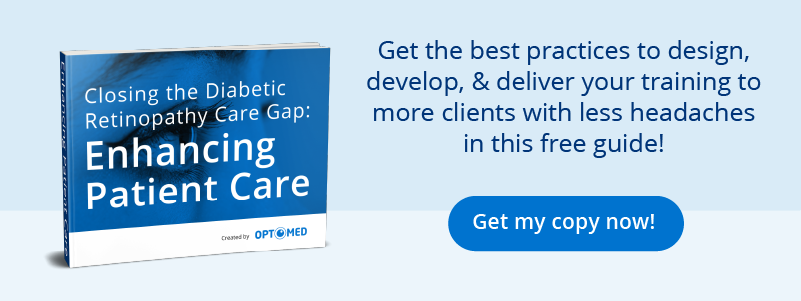Primary care physicians (PCPs) are one of the best sources for preventive health screenings. Patients tend to have closer relationships with them than with specialists and can see them more easily. In addition, most patients are used to their PCP conducting screenings. It’s part of the routine to be weighed and have blood pressure checked and other simple health indicators done at physical exams, no matter what the patient is there for. Blood tests and glucose tests can also be ordered if needed. Patients trust that their PCP will alert them to any potential problems.
All of this can be advantageous for conditions like diabetic retinopathy (DR), which can progress for a long time before being noticed if the patient is not screened for it. A PCP can sit down with a diabetic patient and tell them about the risk that diabetes can pose to their eyes and why screenings are needed. Since they also conduct routine a1c tests and blood pressure screenings, PCPs can spot the signs of poor management of diabetes that can leave the patient more at risk of complications like DR.
What’s currently recommended for preventive health screenings for diabetic retinopathy? Different guidelines exist but there are general rules. The American Academy of Ophthalmology recommends that DR screening for type 1 diabetics begin five years after diagnosis, and for type 2 diabetics, one should be conducted shortly after diagnosis. Screenings should be annual after that if there are no signs of retinal problems and more frequently if there are visible signs of DR. Physicians should be able to do the initial screenings and refer the patient to an ophthalmologist if there is any sign of the condition.
One problem with putting this into place is that doing preventive health screenings for DR isn’t a simple process. The traditional method involves dilating the pupil and examining it through direct ophthalmoscopy. While accurate, it’s not a method that can be easily learned.
Digital retinal photography is one of the biggest boons for PCPs looking to perform preventive health screenings for DR. Images can be quickly taken—in some cases, without the need to dilate the pupil—and the images can be interpreted by trained readers present at the exam or sent to a reading center to be interpreted.
Preventive health screenings for DR can be made even easier with a mobile fundus screening. A simple handheld camera can be taken anywhere that the PCP practices. The images can be stored on the accompanying software and sent to either an imaging center or to the ophthalmologist themselves as quickly as possible. If the patient needs to see a specialist, it can be quickly arranged.
PCPs are one of the most crucial parts of keeping patients healthy and well. Their more frequent contact with patients makes them ideal for conducting preventive health screenings and noting if anything is unusual. To do so, they need the best possible tools. Having access to digital retinal photography and mobile fundus cameras can help diabetic patients stay as healthy as possible.
Here at Optomed, our mission is to help save the vision of millions of people. By integrating our software and artificial intelligence solutions with our camera, we enable eye screening for everyone, wherever they are. To see how we can equip you to save the sight of more patients, schedule a free consultation today!



